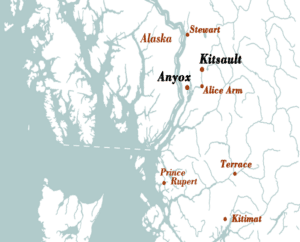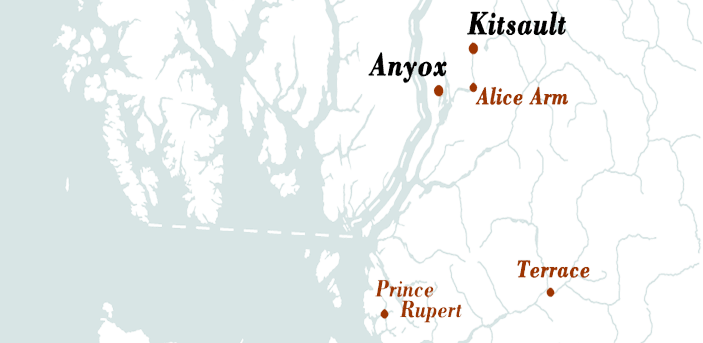Disclosure: Chris Sankey is a member and former elected councillor of the Lax Kw Alaams first nation.
Chris Sankey, January 22, 2024
Alignment between Indigenous communities’ de-risks investment in natural resource and energy projects; investment, in turn, brings much-desired prosperity to those same Indigenous communities. Alignment means a nation-to-nation leadership relationship, completed without outside interference. It involves hereditary and the elected bodies working together to strengthen their relationship with neighboring First Nations. The goal is to work together as one voice for the common good of their respective communities.
Alignment between First Nations and industry is also essential. I have spent the better part of my career working to bring communities and industry together. Well-constructed bridges build durable relationships. Business is about relationships that foster trust, context, purpose and a clear vision.
We spend a lot of time talking about how things go wrong in Indigenous Affairs in Canada: it is important to share success stories too – stories of clear alignment and trust between Indigenous communities and industry that yield benefits for all parties. This is why I am happy to write about an energy project that is changing the way First Nations in northern British Columbia move forward together.
The Granby Group has been working on an energy project located at Anyox, BC, (an abandoned mining town across from Kitsault, north of Prince Rupert). The owners at Granby bought Anyox several years ago. The site is about 2000 acers of virtually flat private land in the traditional territory of Lax Kw Alaams (of which, full disclosure, I am a member and former elected Councillor) and Metlakatla. The proposed Granby Floating LNG Terminal could be the solution that drives our local economy for decades to come.
The Granby Group has been working hard to make this project public for investment purposes and they understand the need to partner with the Metlakatla and Lax Kw Alaams First Nations if they are to find success. Granby has even indicated that it will include a project name brought forward by the impacted indigenous communities. (The leadership of those two communities will also forge relationships with neighboring nations to promote shared opportunities and to respect cultural protocols of those nations. It is important to build a consensus in communities across coastal BC; it is critical to have meaningful participation from all the indigenous communities that depend on the coast for their livelihoods and cultural resilience.)
Few would dispute that the greatest challenge for Canadian resource development projects has been obtaining Indigenous support and addressing environmental opposition to pipelines.
This project has avoided both of those serious errors. Granby is working to align with the interests of the First Nations who hold title to unceded lands with industry needs and expectations while simultaneously ensuring that the proposed energy project is commercially viable and benefits the affected communities.
Commercial success will yield social dividends as our communities build capacity to advocate for ourselves and for future generations. The days when industry proponents need only inform communities about proposed projects are long gone. Industry must engage with our communities to strengthen our capacity, infrastructure, health, education, arts and culture. Granby understands this.

(Source: Granby Group)
The involvement of Indigenous communities should also seriously mitigate any environmental concerns. Who better to have at the table than the people who traveled these waters and lands for the last 10,000 years? Our communities have always relied on the land and water for sustenance and our involvement in the project sets the foundation for strong environmental project performance. It is critical to ensure that traditional values and land uses are respected throughout the planning and development process. These guidelines will help develop a robust stewardship plan for the operation of the facility over the long-term.
Indigenous communities are central to resource development and will likely define the future of energy development around the world. The Granby Group made the right decision and the smart decision to ensure the impacted indigenous communities are at the table. It will benefit indigenous communities across the country and the nation as a whole if others follow their example.
Chris Sankey is a Senior Fellow at MacDonald Laurier Institute, an Advisor to Indigenous and industry leaders and former elected Councillor for the Lax Kw Alaams Band.






